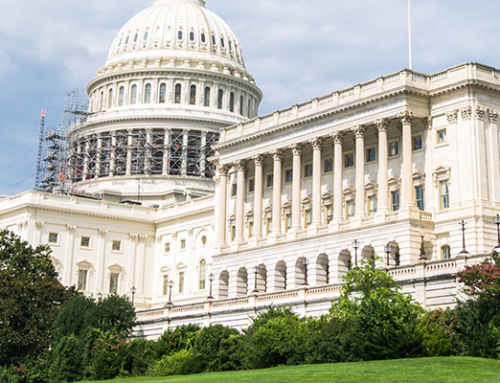On August 2, 2022 the US DOL Office of Inspector General (OIG) issued an Alert Memo from the Assistant Inspector General for Audit indicating that many states had not submitted reports required under the CARES Act or had reported no activity for periods in which the programs were in operation. See FINAL ALERT MEMO STATES COMPLIANCE CARES ACT (dol.gov)
Although the USDOL Employment and Training Administration is working with states to obtain these reports, this Alert identifies reporting failures that could result in audit findings, questioned costs and/or disallowed costs if not resolved. In particular, the OIG report noted
Since the passage of the CARES Act in March 2020, ETA issued 11 Unemployment Insurance Program Letters (UIPL) that specified state reporting guidelines for CARES Act UI programs (see Appendix A). ETA required states to report on UI programs established or extended by the CARES Act, Continued Assistance for Unemployed Workers Act of 2020 (Continued Assistance Act), and the America Rescue Plan Act of 2021.
These programs include:
• Pandemic Unemployment Assistance (PUA);
• Federal Pandemic Unemployment Compensation (FPUC);
• Pandemic Emergency Unemployment Compensation (PEUC);
• Temporary Full Federal Funding of the First Week of Compensable Regular Unemployment (TFFF);
• Mixed Earners Unemployment Compensation (MEUC);
• Emergency Unemployment Relief for State and Local Governmental Entities, Certain Nonprofit Organizations, and Federally-Recognized Indian Tribes (EURGENO); and
• Short-Time Compensation (STC).
These seven UI programs expired on September 6, 2021 (see Appendix B for a description of each program). ETA required 53 states to submit 14 different reports with information about their CARES Act UI activities (see Appendix C for a list of CARES Act UI reports). ETA said states had to program their systems to report the pandemic-related program data—a heavy lift for many and an important distinction as states could not report the data immediately without specific programming related to these new reports.
Reconstructing and reconciling data for the purposes of filing reports to USDOL should be a priority. Addressing these issues may identify the need for corrections that could impact overpayment amounts that may be due from claimants and charges and reimbursements to employer accounts and state UI trust fund accounts that may have been erroneous.
Audit findings are often issued after recessions in states that were not able to handle the increases in activity and complexity of enacted programs. The COVID-19 related increase in claims was greater than any period since the great depression and the complexity of the new federal programs made state administration extremely difficult. Also, because the CARES programs were intertwined with regular unemployment compensation and regular extended unemployment compensation, careful attention is needed to identify shifting of costs to the state UI trust funds and to employer financed accounts.
States, employers, and their representatives should review the Alert Memo with respect to the states identified and be aware of the potential for retroactive adjustments and audit findings.
Doug






